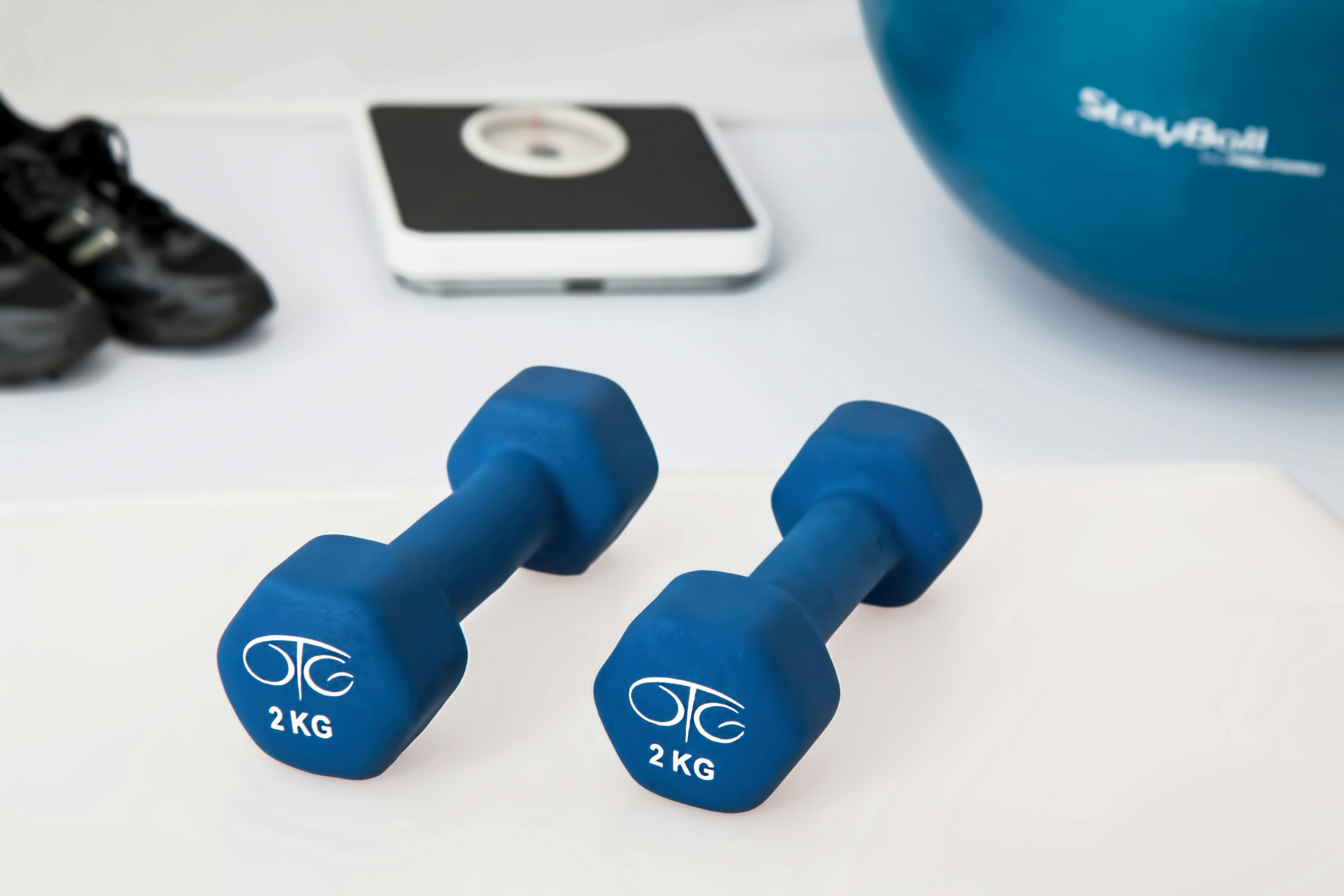Best 5 Ways to Optimize Your Creatin Intake for Maximum Results
Creatin is a naturally occurring compound that plays a crucial role in energy production within our muscles. It is widely recognized for its effectiveness in enhancing performance, particularly among athletes and bodybuilders. However, to harness the full potential of creatin, it is essential to optimize your intake method. In this article, we will explore the five best ways to optimize your creatin intake for maximum results, covering recommended dosages, timing, and different forms of creatin. We will also highlight the benefits of creatin for muscle building and weight loss, backed by scientific evidence.
Understanding how to properly take creatin can transform your fitness journey. Benefits include increased muscle strength, improved recovery, and potentially enhanced cognitive function. As we dive into the recommended practices for creatin supplementation, you’ll discover the key strategies that work best for different goals, whether you’re a seasoned athlete or just starting your fitness routine.

Essential Strategies for Effective Creatin Supplementation
Understanding the Recommended Dosage
The recommended dose of creatin typically varies based on your body weight and fitness goals. A common guideline suggests a loading phase of approximately 20g per day for the first 5-7 days, followed by a maintenance dose of 3-5g daily. This method ensures that muscle creatin levels rise quickly, allowing you to experience its benefits sooner. However, not everyone requires a loading phase; if you’re looking for a gentler approach, a steady daily dose of 3-5g without loading can be just as effective.
Monitoring your body’s response to creatin is essential. Many individuals experience positive shifts in muscle strength and performance, but it’s crucial to assess how your body feels throughout the process. If you notice any adverse reactions, adjusting your intake may be necessary.
The Importance of Timing When Taking Creatin
Knowing when to take creatin can significantly influence its effectiveness. Studies suggest that the optimal time for creatin intake is either before or after your workouts. Taking it post-workout alongside a meal containing carbohydrates and proteins can enhance absorption due to increased insulin sensitivity. This means your body is better equipped to utilize creatin right when muscles need it for recovery and growth.
Experimentation with timing might also yield beneficial outcomes tailored to your routine. Some individuals may prefer taking creatin in the morning or at night, depending on their personal schedule and workout pattern. It’s vital to find a timing strategy that suits your lifestyle while keeping consistency in mind.
Exploring Different Forms of Creatin
Creatin is available in various forms, each with unique benefits. While creatin monohydrate remains the most studied and widely recommended, options like creatin ethyl ester, creatin HCL, and buffered creatin may offer additional perks, such as improved absorption and fewer gastrointestinal issues.
For example, creatin HCL is more soluble, allowing for smaller doses to be effective. Conversely, creatin monohydrate is known for its reliability and affordability. Reviewing your specific requirements and preferences in terms of potency and digestion will help you choose the right type of creatin.

Maximizing Muscle Building with Creatin
The Role of Creatin in Muscle Growth
Creatin supplementation has been shown to increase muscle strength and mass significantly. This effect occurs as creatin aids in the rapid production of ATP, the energy currency of the cell, allowing for enhanced performance during high-intensity workouts. With an increase in energy levels and stamina, individuals can train harder and longer, contributing to muscle hypertrophy.
Moreover, creatin may promote muscle recovery by decreasing muscle cell damage and inflammation post-exercise. Engaging in strenuous workouts while supplementing with creatin puts less strain on your body, allowing you to bounce back quicker for subsequent training sessions.
Understanding Creatin and Weight Loss
While creatin is primarily known for muscle building, it can also play a beneficial role in weight loss strategies. The increased energy and intensity during workouts can contribute to greater caloric expenditure, thereby supporting weight loss goals. Additionally, creatin helps maintain lean muscle mass even when in a caloric deficit, which is crucial for sustaining metabolic rates during dieting.
It’s important to note that some individuals may experience water retention in the initial stages of creatin supplementation, which could temporarily mask perceived weight loss. This is normal and will stabilize as your body adjusts to the intake of creatin.
Enhancing Performance Through Optimal Hydration
Creatin and Hydration: What to Know
Creatin functions best when your body is well-hydrated. As creatin pulls water into muscle cells, maintaining adequate fluid intake will support both your performance and overall health. Dehydration may not only hinder creatin’s effectiveness but can also lead to cramping and discomfort.
It’s advised to drink plenty of water throughout the day, but particularly around your training sessions when taking creatin. Monitoring your hydration levels is essential, particularly during intense workouts or in hot conditions. If you find yourself sweating a lot, increasing your water intake can enhance the benefits of creatin and help avoid any potential negative side effects.
Considerations for Creatin Safety
Generally recognized as safe, creatin has minimal side effects when following recommended dosages. Concerns regarding kidney health in athletes who use creatin have been largely debunked by research showing that creatin does not adversely affect healthy individuals’ kidney function.
Nevertheless, it’s crucial to consider personal health conditions and consult a healthcare provider before starting any supplementation. Individuals with pre-existing kidney issues or other underlying health concerns should take special care and seek professional guidance.
Frequently Asked Questions about Creatin
1. What’s the best form of creatin for beginners?
Creatin monohydrate is the most recommended for beginners due to its extensive research backing, effectiveness, and cost-efficiency. It’s widely accessible and has proven benefits for muscle gain and performance.
2. Should I cycle my creatin intake?
Cycling creatin isn’t necessary, but some athletes may choose to take breaks after extended use to maintain its efficacy over time. It’s essential to listen to your body and consult with a fitness expert regarding the best approach for your specific goals.
3. Can I take creatin with other supplements?
Yes! Creatin can be safely taken with a variety of other supplements. Combining creatin with protein powders or BCAAs may enhance muscle recovery and performance. However, always ensure you’re not exceeding recommended dosages of any supplement.
By understanding the nuances of creatin supplementation—from correct dosing and timing to hydration strategies—you can significantly increase your workout results. Embrace your creatin journey and witness the positive transformations it can bring to your fitness lifestyle.
